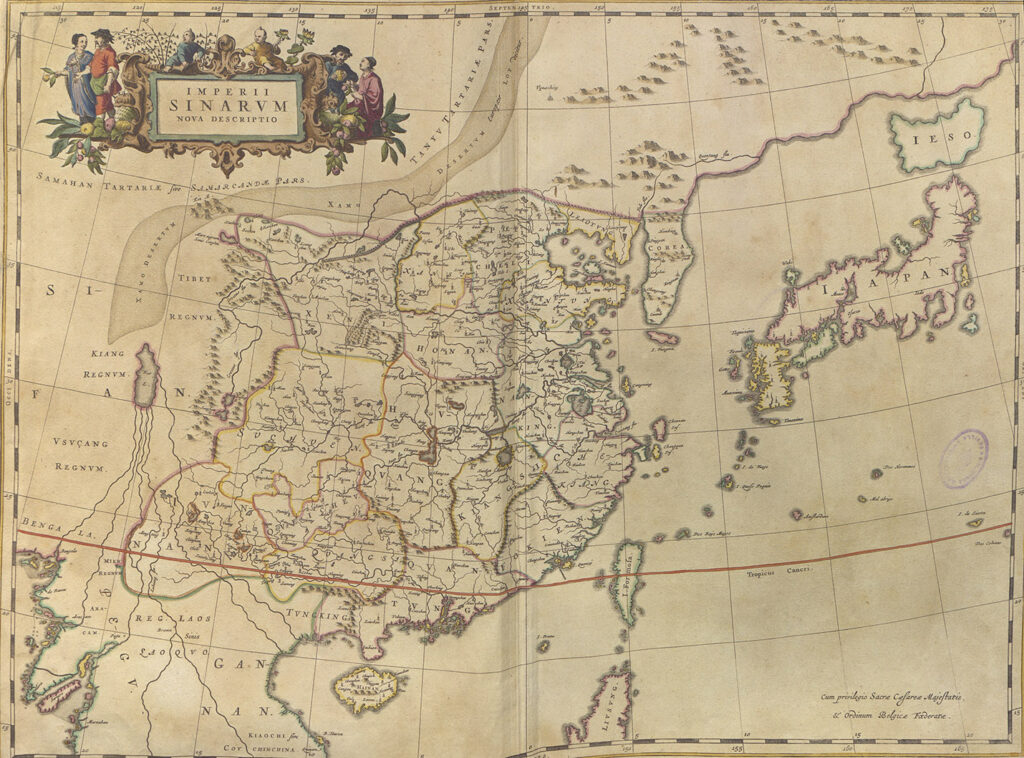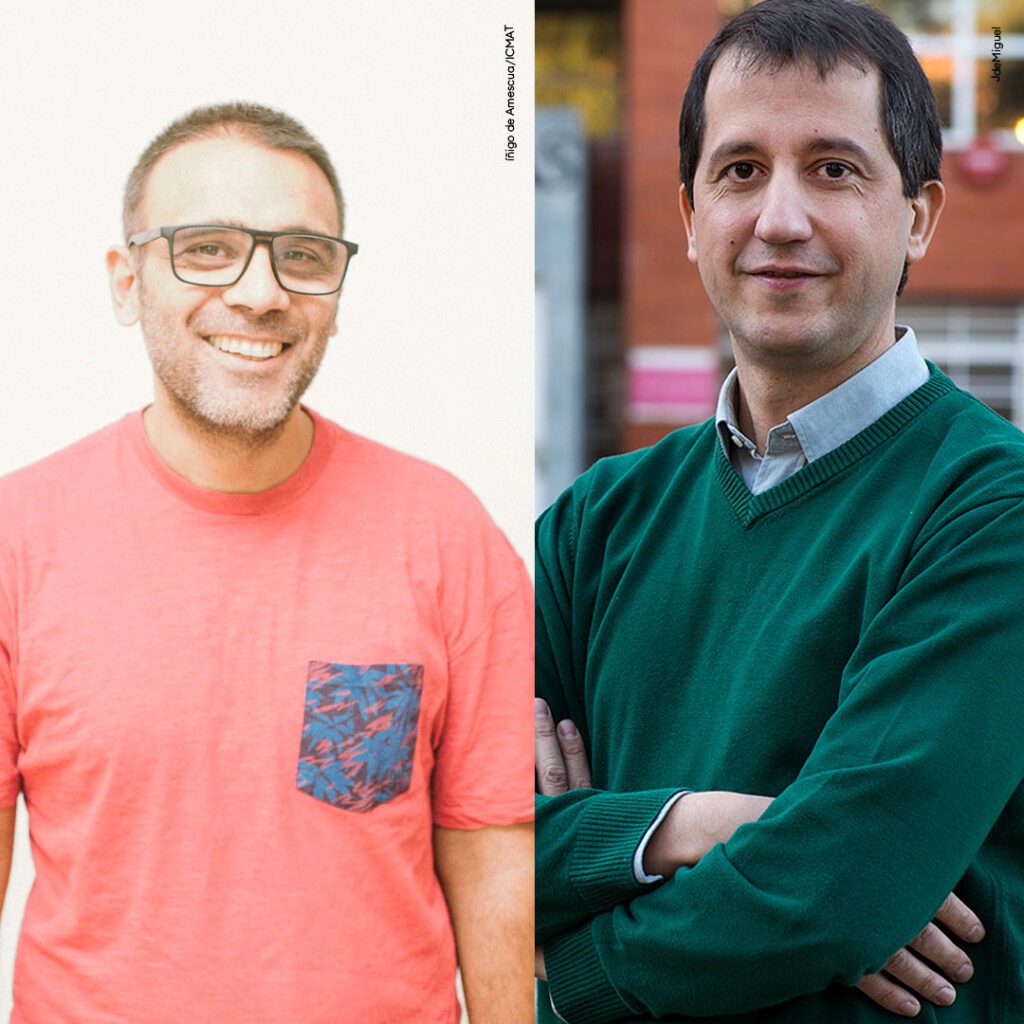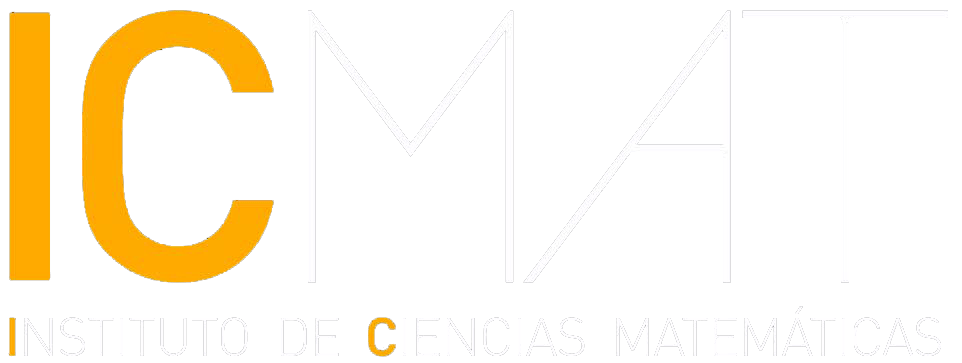
One of the cultural activities of this 9ECM is the exhibition ‘Maps: Cartographic heritage in Seville from the 15th to the 18th century’. Image: 9ECM
This summer, Seville becomes the capital of European mathematics, with the celebration of the European Congress of Mathematics (9ECM), attended by 1300 people. The programme, which runs from 15 to 19 July, includes 12 plenary lectures, some thirty invited lectures, 640 talks in mini-symposia and 270 communications in thematic sessions, as well as round tables, dissemination lectures, activities for young researchers and a cultural agenda. Several ICMAT researchers are participating as invited speakers, round table panellists and mini-symposium speakers.
From 15 to 19 July 2024, 1300 people will gather in Seville to take part in the 9th European Congress of Mathematics (9ECM). Among them, a large group of ICMAT researchers will be taking part in conferences, round tables and symposia. First of all, Ángel Castro, CSIC senior scientist at the ICMAT, expert in differential equations and fluid mechanics, and David Pérez-García, professor at the Complutense University of Madrid and ICMAT member, specialising in quantum information theory, are two of the guest speakers.
On 17 July at 15:00, Pérez-García will talk about a very relevant issue in quantum computing: the so-called ‘spectral gap’. ‘I hope to give a talk that is accessible to as many mathematicians as possible and that manages to convey the importance of mathematics in quantum computing,’ says the mathematician, who led an ERC Consolidator Grant project between 2015 and 2021. ‘On the other hand, to gain a perspective on the current state of the art in areas of mathematics that are distant from my work, in order to gain some global vision,’ he adds.
Ángel Castro’s lecture, ‘Unstable vortices and non-uniqueness for 2D Euler and α-gSQG’, takes place on 19 July at 16:00. He will present recent results on two of the most important equations in fluid dynamics: the Euler equation, which describes the motion of a non-viscous incompressible fluid, and the surface quasi-geostrophic equation, initially designed to model the motion of large air masses in the atmosphere.
On Tuesday 16 July, at 17:30, ICMAT, together with the International Commission on the History of Mathematics (ICHM), is organising the round table ‘Translating European Mathematics’. Historians and mathematicians will discuss the importance of translating mathematical works to ensure their global accessibility, both in the past – an example is Newton’s Principia: the translation of the original Latin text into French and English was decisive in its subsequent impact – and in the present – despite the predominance of English, mathematics continues to be published in multiple languages and accurate, quality translations are needed to facilitate international collaboration. ‘However, this procedure is not without its challenges. The correct interpretation of technical concepts and terms is not self-evident and can vary significantly between translators,’ say the 9ECM.
The following day, 17 July, at the same time, the round table ‘Celebrating and supporting women in mathematics’ will be held, with the participation of Eva Gallardo, president of the Spanish Royal Mathematical Society (RSME), professor at the Complutense University of Madrid and member of the ICMAT. She will highlight good practices in the face of inequalities and specific obstacles for women who wish to embark on an academic and research career, as well as the challenges to continue moving towards a more inclusive mathematical community.
On Thursday, also at 17:30, it will be time to discuss two of the issues that most concern young people: environmental sustainability and mental health, in this case, in relation to a career in research. Organised and run by the EMS Young Academy (EMYA), of which María Ángeles García Ferrero is a member, the idea of the session is to debate in small groups on sustainability in academic careers, both in terms of the environment and mental health. ‘Participants are invited to share their experiences, opinions and ideas and then draw conclusions from which the EMYA can promote future actions,’ they explain.
At the same time, the round table ‘The Role of Institutes of Mathematics in the Advancement of Mathematical Research’ will be held, with the participation of Javier Aramayona, director of the ICMAT, as speaker. Issues such as the attraction of talent through mathematics institutes, visiting researcher and doctoral programmes, and funding frameworks will be addressed.
Finally, María Ángeles García Ferrero (ICMAT-CSIC) is taking part in the Minisymposium ‘Mathematical challenges in inverse problems’ (to be held on 17 and 18 July), while Nuria Torrado, lecturer at the Universidad Autónoma de Madrid, member of the ICMAT and chair of the centre’s Equality Commission, is taking part in the minisymposium: ‘Mathematical methods in reliability analysis’ (18 and 19 July).

ICMAT members Ángel Castro (left) and David Pérez-García (right) are two of the invited speakers at the 9ECM
The largest gathering of European mathematics
The European Mathematical Congress, organised by the European Mathematical Society (EMS), has brought together the European mathematical community in a different city on the continent every four years since 1992. It brings together the main figures in European mathematics and serves as a meeting point for numerous researchers who have the opportunity to present and discuss the latest advances in their respective fields.
This ninth edition is the second to be held in Spain, after the ECM in Barcelona in 2000. It is the largest mathematics congress in Europe and the second largest in the world, after the International Congress of Mathematicians (ICM).
In addition, on Monday, as part of the inaugural event of the congress, the EMS Awards will be presented, which recognise outstanding contributions by European mathematicians, or those working on the continent, under the age of 35. The Felix Klein Prize and the Otto Neugebauer Prize are also awarded.
—
This content has been automatically translated. The original text may differ slightly.
